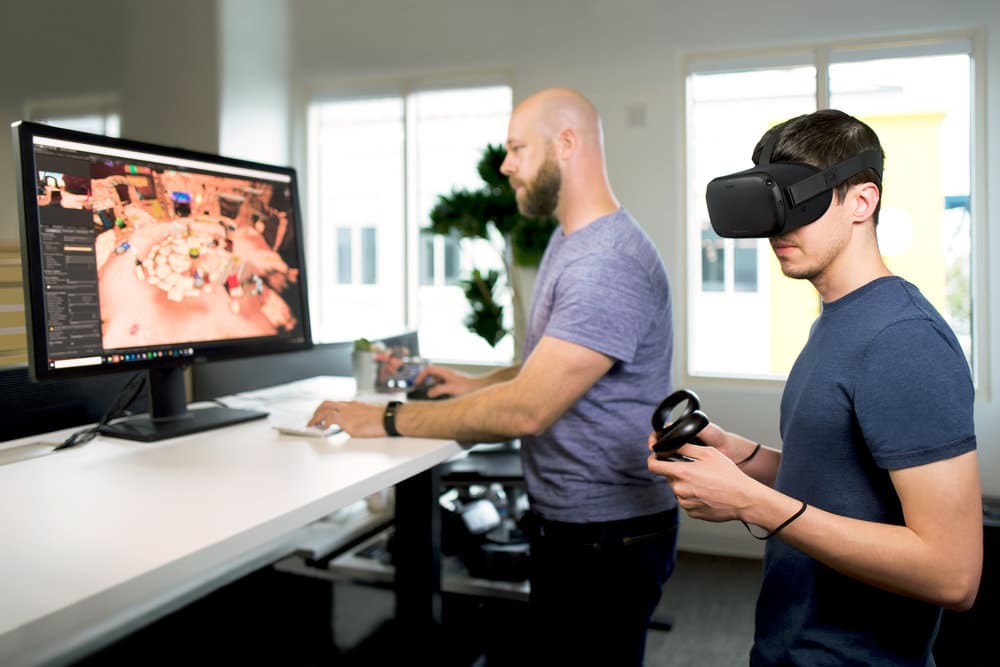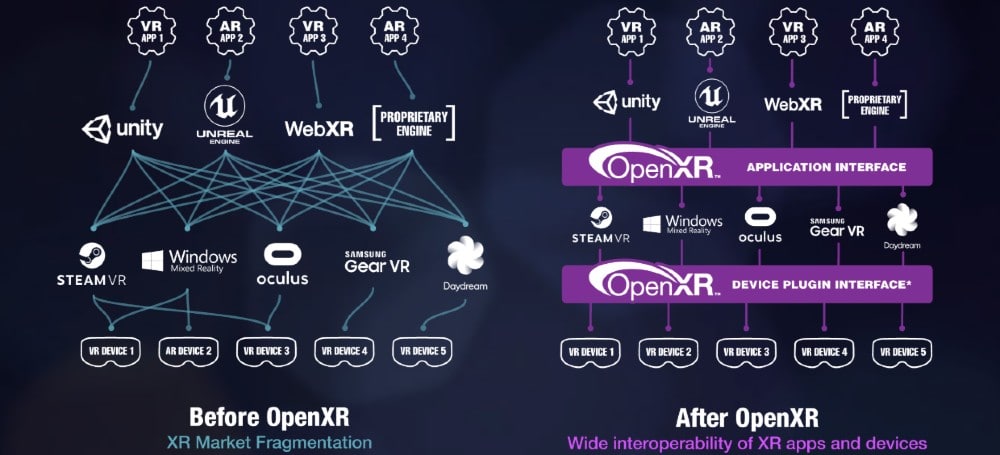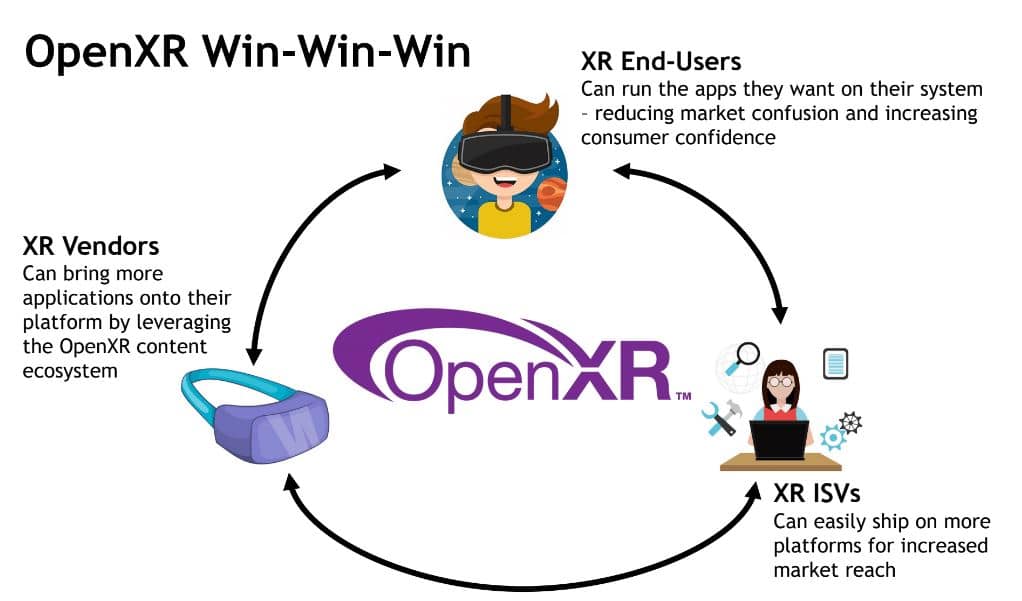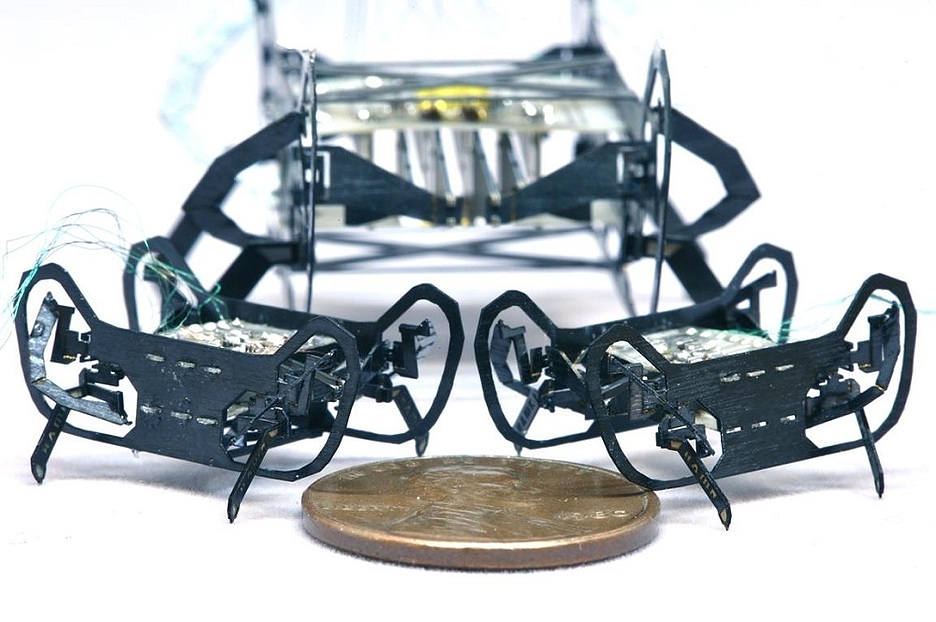
The developers of the game engine of Android can now support the Oculus Quest, using OpenXR is Oculus Mobile API Facebook.
Support is currently described as a “prototype”. OpenXR 1.0 offers standard boot Android, but Facebook provides it as part of your package OpenXR SDK.
OpenXR is the recently completed open standard for VR & AR. This means that applications created for Quest using OpenXR theoretically also should work on any future competitor or successor to Quest on Android.
Oculus Rift will also soon receive support OpenXR. When SteamVR will add support OpenXR, it would mean that the developers of game engines PC will be able to support all platforms with one API.
A little clarity: OpenXR is not the same as OpenVR. OpenVR is the API Valve SteamVR, completely not related to Open XR. Although Open VR works on all headsets PC VR, it does not support headset Android such as Quest, and due to Facebook policy you can’t use store apps Oculus Rift. Last year, Valve announced that it plans to support OpenXR in SteamVR, but this has not happened yet.
The problem to be solved OpenXR
API (application programming interface) allows software to interact with other software or hardware. VR developers use APIs such as Facebook and Oculus from Valve OpenVR, to create applications. API is often a part of SDK (development kit software), and informally these terms are often used interchangeably.

The problem with Oculus API is that applications developed with it can only work on Oculus hardware (without hacks). Additionally, for developers using their own engine, between Quest and Rift actually has two separate APIs.
This means that if a developer wants to support all VR headsets, it is necessary to use several APIs. It may take a lot of time and increase the complexity of the work.
These engines like Unity and Unreal make it easier, both trying separately to unify the VR API under their new subsystems of the engine, but the problem still exists.
What is OpenXR?
OpenXR is an open standard for VR/AR. It was developed by a working group managed by non-profit industry consortium Khronos. The working group includes the major VR companies like Facebook, Valve, Microsoft, NVIDIA, AMD, HTC, Google, Unity and Epic.
The API allows developers to add universal support to their VR applications, so in the future any Windows application OpenXR should technically run on any VR headset for the PC, and any Android app OpenXR technically should work on any stand-alone headset.

When OpenXR 0.9 was released in March of 2019, Facebook said it plans to support it in Rift and Quest “later this year“. Platform Rift already has hidden his preliminary support.
It is also important to note that most of the VR apps built with the Unity game engine, which has not yet announced plans to support OpenXR (although Unity is a member of the consortium).
A few years ago OpenXR seemed a distant dream. But now it is real, and soon the engine will be able to develop in VR without worrying about what hardware they support. This should reduce the time spent on the development of cross-platform VR apps, and could push developers to create software for the VR, which was originally postponed due to proprietary APIs.
Source








